Hello again! SkopjeLab here and we’re back for the second year in-a-row of trying to innovate on Skopje’s public areas. Last year we managed to make great strides with our first initiative. In short, we started from the concept stage and are now in a place where we have fully developed solutions that are planned for implementation in the very near future.

We learned a lot, overcame barriers and achieved impressive citizen engagement. However, we also identified opportunities to improve on our process and methods to have even greater impact in our local communities.
For those unaware of what we do, our aim with this initiative was to heal the wounds left by the rapid urbanization in the city of Skopje. Said urbanization came at the cost of local parks, green squares or playgrounds. These abandoned green areas were once places where people could relax from the mundane, share ideas, or just have a place to rest in their own communities.
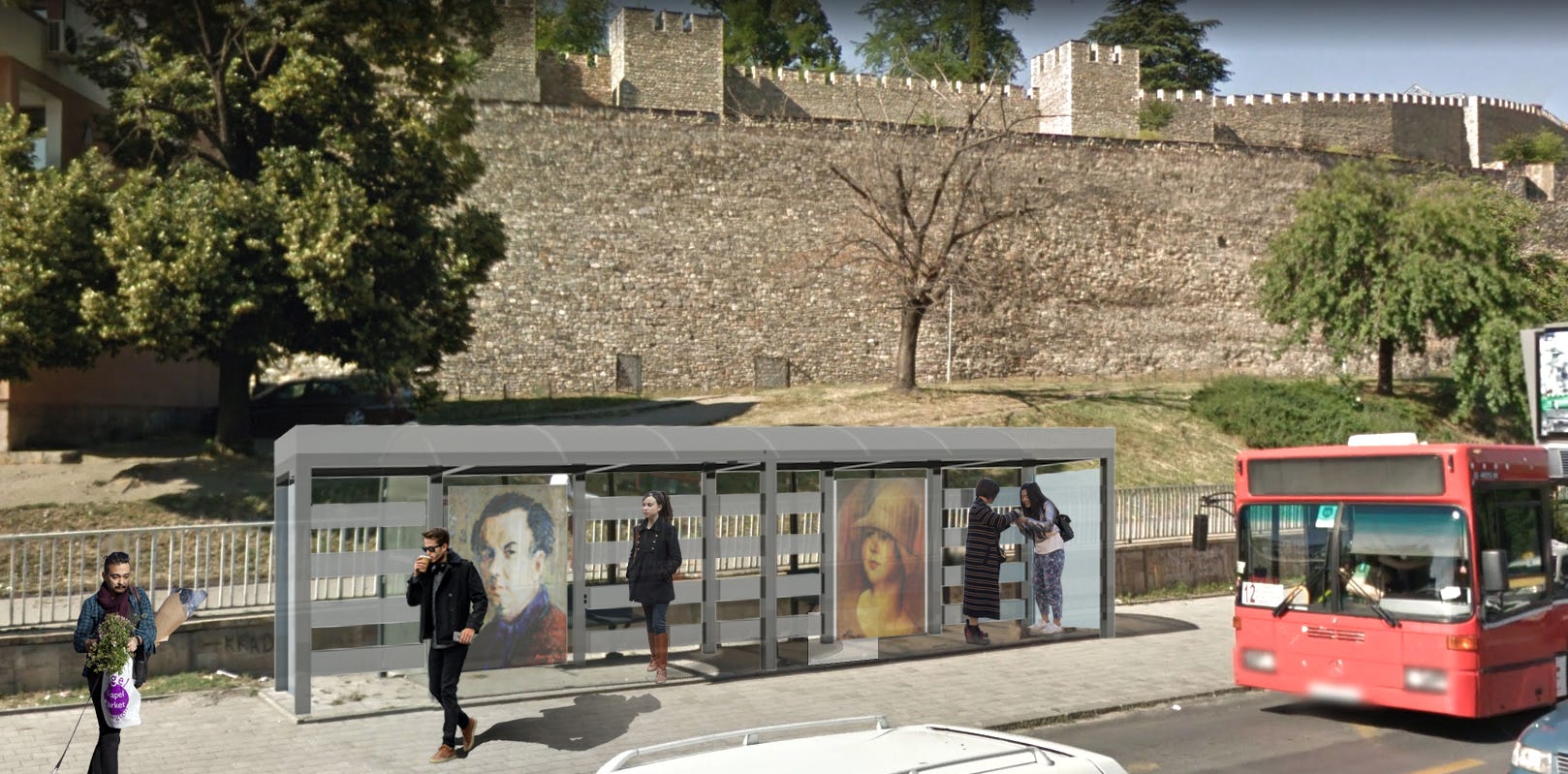
The Idea
There are several real problems plaguing major cities in developing countries — air pollution, flash flooding, and poverty to name a few. Issues that can’t easily be fixed due to the unnatural growth, and more importantly, the power vacuums that said growth creates.
Whatever the cause of these issues, the effect is clear to those that pay attention. Citizens care about the places they inhabit. They want their children, and friends, and colleagues, to live in a place that feels pleasant and relaxing — like their homes. And those that don’t appear to care likely haven’t been made aware of the state their city is in, or that they have the power to help at all.
What if we gave these people a voice and a working platform?
Invite passionate, creative experts and hard-workers to come together for a common cause. Produce an environment that fosters a sense of responsibility. An environment that works with the people, for the people. The outcome of which could inspire those who attended to take on a more active role in their own communities.
Because, when people care, great things happen.

“We thought about a participatory approach that is based on co-creation with end-users,” said Sofija Bogeva, Lab Coordinator. “These workshops would provide opportunities to proactive young people in their local communities, and a general increase in public awareness regarding local officials and institutions wanting to join and cooperate on these types of initiatives.”
The Approach
This go-around we ended up doing two four-day workshops in the span of three months affecting nine different locations. Two public calls for mentors were placed. One was in November 2019, and the other in January 2020, citing the need for passionate, professional architects and social engineers that wanted a positive, and more importantly, independent effect on their local communities. Another public call was sent out a week later respectively. This time asking for concerned citizens with varying degrees of knowledge and proficiency, but interested in an inclusive, co-creative environment designed for administrating social good. Understanding the multi-disciplinary present at each of the workshops, the participants were split into groups and were each assigned a location to work on.
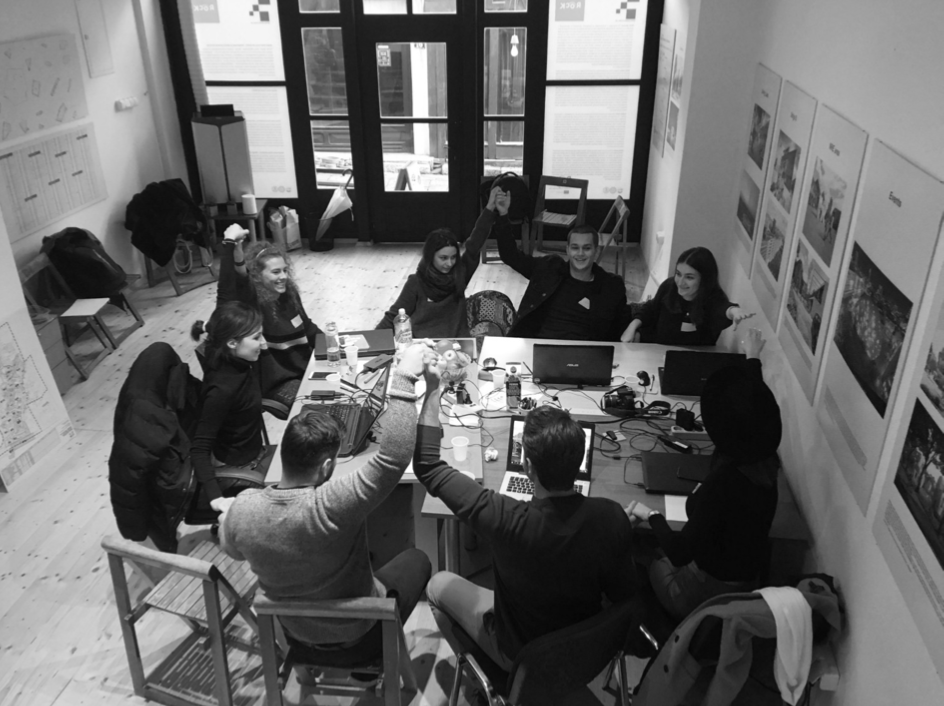
And, while we are on the topic of working independently, despite us working with local officials for support, the creative process itself was left deliberately independent. This meant giving the freedom to the workshop leaders needed for experimentation and testing out different process approaches that will lead to more relevant and effective solutions. Hence, the workshop hopefuls that were nervous about outside creative meddling were put at ease. In the end, we managed to attract eight motivated, and highly skilled, mentors to lead and advise thirty-five willful participants. Left free to express themselves in a non-judgmental, innovation-based work-space that had one goal: to transform abandoned public areas into green, relaxing rest spots that would prove a boon to their community and city.
“After the workshops are complete, the concept solutions will be presented before the authorities of the city Skopje, the expert community and to the locals for gathering feedback,” assured Sofija Bogeva. “The next phase will involve pushing concepts forward to the development of full-scale technical solutions and implementations with the city of Skopje and other municipalities, as well as with public and very crucial private sector companies.”
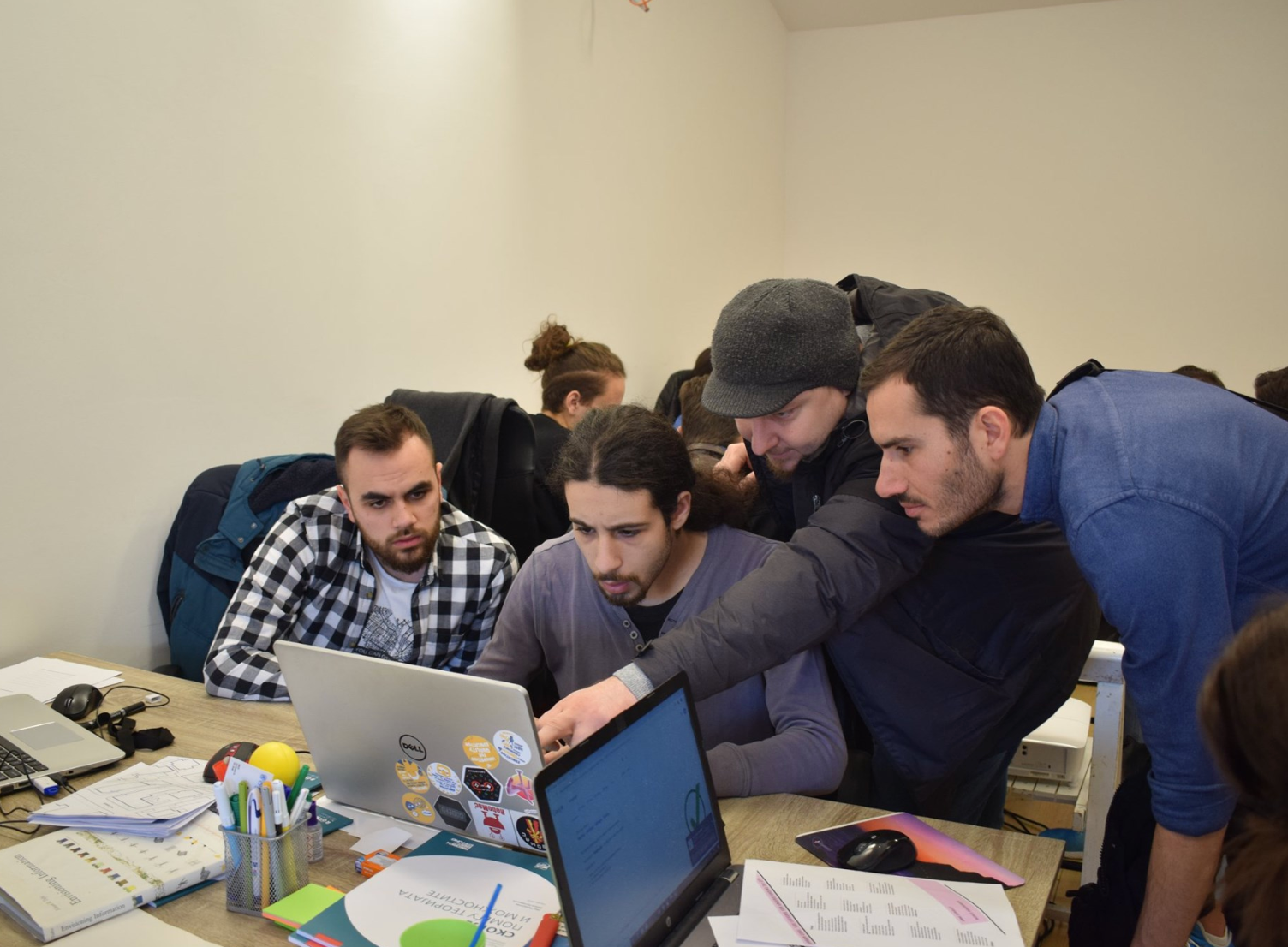
The Result
The workshop participants went over and beyond everyone’s expectations. The opportunity to create real change in such a positive way that is easy to see and understand, proved the best type of motivation.
And the creative juices were flowing.
To sum up, we spruced up an old, faithful park by linking it with the ever-increasing bicycle eco-system growing in Skopje; as well as designing a clever way for people to store their relaxation. Then, completely re-invent the green area around one of the city’s biggest student homes, with a sitting/living area, a playground area, and an urban kitchen, bringing life to a once desolate and forgotten part of the environment. Moreover, around fourteen concept designs for public squares and small parks were prototyped and sent for approval in this second phase.

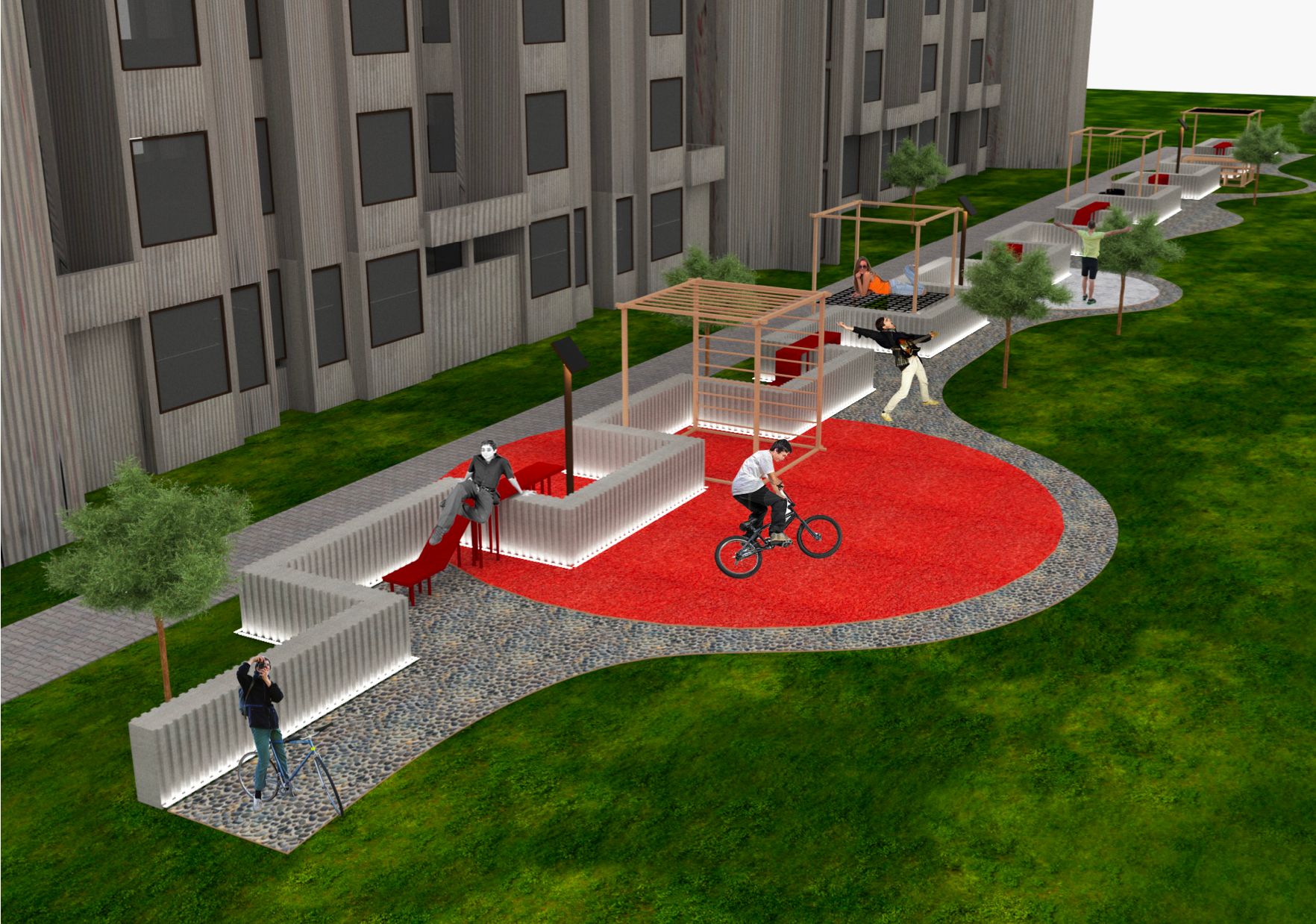
Our hope with this initiative was that by putting the power of change into the people’s hands we would affect a more personal, and permanent, development. The city of Skopje has been very trusting, and forward with its support; allowing us to cross boundaries that will hopefully lead to a more caring, inclusive society in the long run.
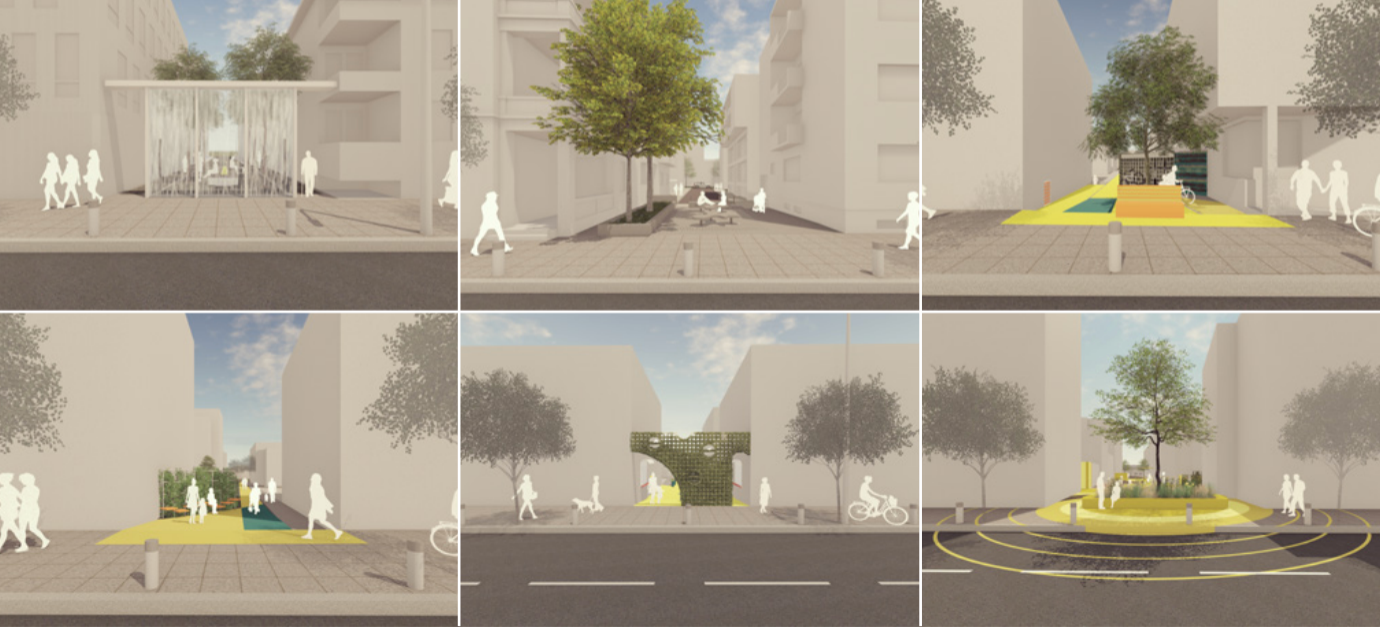
And yes, we are far from done with this initiative as a whole.
“The city of Skopje by the very virtue of supporting this campaign of redesigning the public spaces, shows a willingness to listen and understand the importance of such initiatives which improve the quality of life of all citizens,” Sofija Bogeva professed. “However, greater support is needed from the citizens themselves, especially when it comes to the proactive promotion of such events — or the lack thereof — and in identifying the alluded opportunities with different organizations that work with the subject at hand, mainly the private sector who we look towards for support during the implementation phase.”



